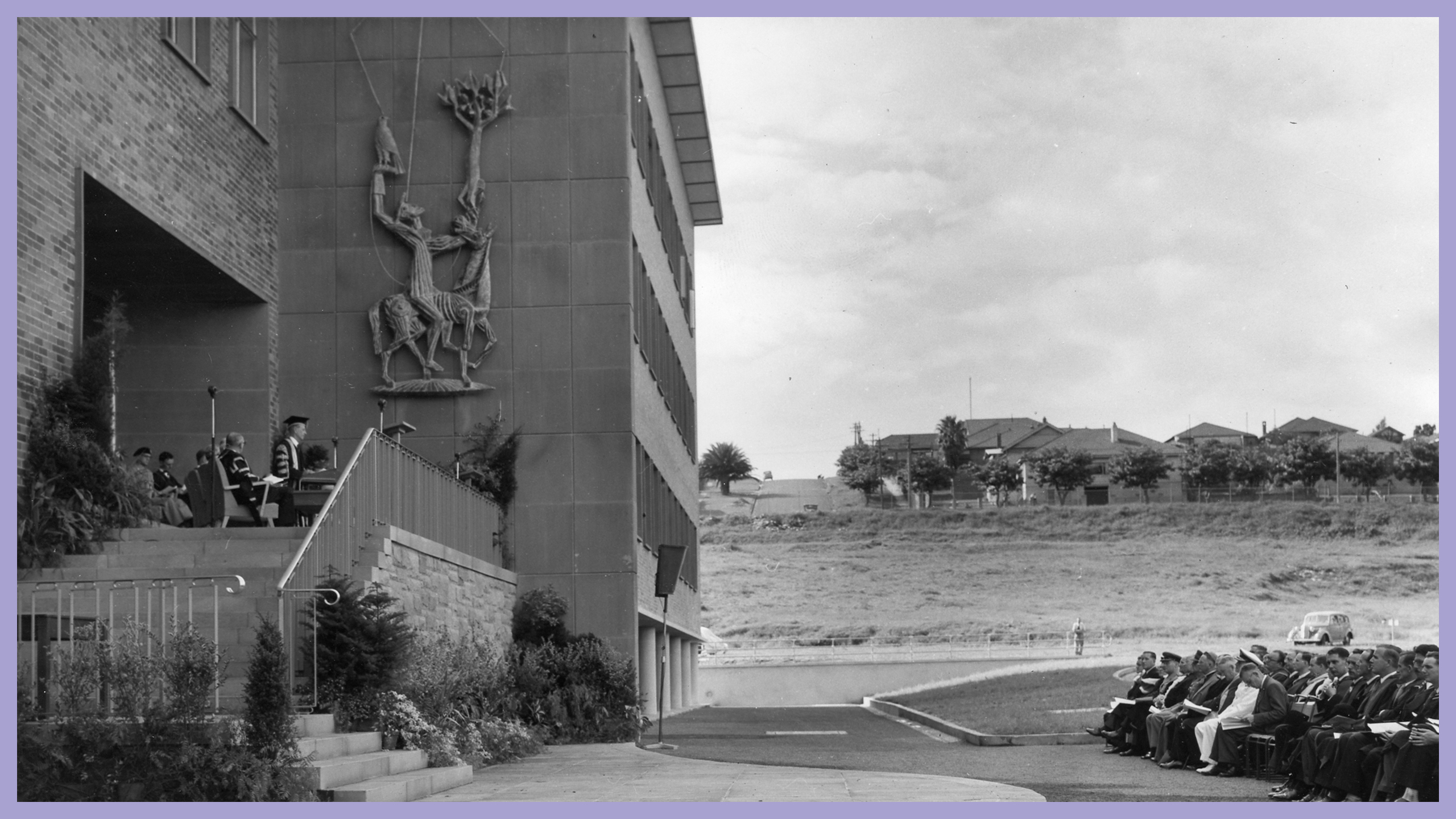Housing after prison for people with complex support needs

One of the classic metaphors for exiting prison is ‘going home’. However, more than half of people exiting Australian prisons either expect to be homeless or don’t know where they will be staying when they are released. The connection between imprisonment and homelessness presents special risks for people with complex support needs (i.e. mental health conditions or cognitive disability). Post-release housing assistance is a potentially powerful lever in arresting the imprisonment–homelessness cycle, and breaking down the disabling web of punishment and containment in which people with complex support needs are often caught.
This seminar presents new research by Dr Chris Martin and colleagues for the Australian Housing and Urban Research Institute (AHURI) on the reality and potential of housing assistance after prison. Analysis of linked administrative data shows ex-prisoners with complex support needs who receive public housing have better criminal justice outcomes than comparable ex-prisoners who receive private rental assistance only. Public housing ‘flattens the curve’ of average predicted police incidents, time in custody and other measures, and in dollar terms achieves net savings relative to assistance in private rental and homelessness services. However, while, imprisonment in Australia is growing, declining investment in social housing means assistance capacity is diminishing. Interviews with criminal justice, housing and other support workers, and with ex-prisoners, indicate a dearth of post-release housing options. The evidence strongly supports much greater provision of social housing to people exiting prison, particularly for those with complex support needs.
Chris Martin is a Senior Research Fellow in the UNSW City Futures Research Centre. With qualifications in economics, law and criminology, Chris specialises in housing research, including rental housing law, social housing policy and intersections between housing and criminal justice. He has a long involvement with housing advocacy organisations.



